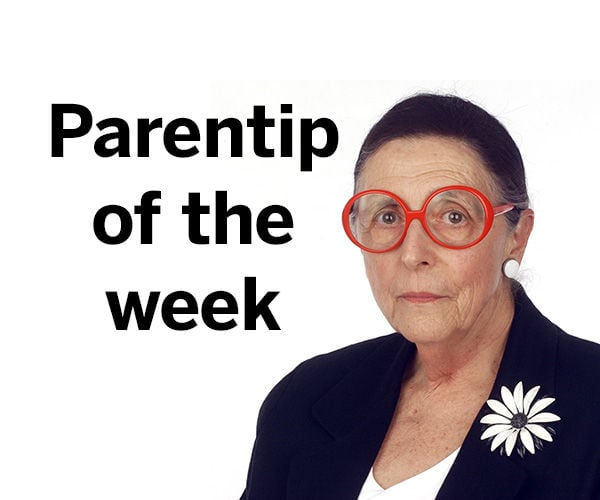If I had a magic wand, I would waft to every child three gifts each of which will bring them lifelong joy: the gift of poetry, the gift of fiction, and the gift of classical music. There is much ugliness in the world today, and the beauty these gifts bring is a good antidote.
Poetry helps babies and young children pay attention to what is being said and remember the words easily. I bet my readers can still sing the alphabet song and recite “Thirty days hath September.” You have remembered these because rhyme, rhythm, and repetition make these easy to learn and remember, much easier and faster than trying to learn 26 letters by rote. Rhyme and rhythm also emphasize meaning and help us make sense of things. I was one of the lucky ones to see “Hamilton” on Broadway. Though the words went by fast and furiously, the rhythm led you to anticipate and expect the rhyming word that gave meaning and closure to every couplet. Not a bad way to teach history!
Children love to hear poems read aloud, which is why Mother Goose is still in print. Books of contemporary poems for children abound in libraries and bookstores. Children enjoy poetry hours at libraries and poetry centers. Encourage your children to memorize poems and teach your children to recite poetry with flair and drama. Teach them that reciting means we project our voice, and we use facial expressions and body language to express what feelings the poem evokes.
You can make up your own poems both to create teaching aids and model creativity. I came up with a nonrhyming poem called “Chewing Gum” for my kids: “In your mouth/Or in the trash/But never in your hands!” I kept saying it, the kids kept repeating it, and the problem of gum stuck to hair disappeared.
Make poetry fun, so your children will want to read it on their own one day. As they grow, share poems you read and loved when you were growing up. Help them realize and appreciate how poetry makes beauty out of words.
Fiction also brings beauty into your children’s lives. Fiction is a story related by another or found in print. Children have always enjoyed stories. They listened to tales told by elders around the fire, and now that we have written language and the printing press, they love being read to. Parents and children both appreciate the special closeness that results from the combination of the child, your lap and a book.
Fiction teaches children a lot about life, provides fictional role models to emulate, and introduces them to people different from themselves in gender, race or nationality. A good novel can go beyond reality; it can take us into the minds of other people. When I was a girl I felt I really “knew” Jane Eyre and Jo March of “Little Women.”
Fiction readers actually demonstrate more of the human characteristic of empathy and understanding others. Not surprising that the more stories read to preschoolers, the better they are able to figure out what others are thinking and feeling.
Neuroscience has found that fiction actually stimulates the brain in more than the areas where language is processed. For example, when words like “perfume” were read, the olfactory area of the brain as well as the language area lit up. And words describing motion stimulate the motor cortex in the appropriate place of the arm or leg. Isn’t it wonderful that stories are good for our brains!
Parents can do more than read to their children. They can use fiction to encourage their child’s imagination. Tell your children about your favorite childhood books. Make up stories to teach your children about the imagination we all have within us and how much fun it is to make up stories. We used to play a story game while taking long walks or driving. I would start, “Once upon a time, there was a little boy who got lost in the woods. He was scared, as it was getting dark, but he … .” The next person then picked up the storyline.
You can encourage imagination in even young children. “Tell me a story about your truck. What would the truck say if it could talk?” Tell them one day they will be able to write their own stories, which is really fun. Then ask them to tell you a story that you will write down. Don’t forget to send a copy to Grandma and Grandpa!
(I will write on the gift of classical music in a future column.)





